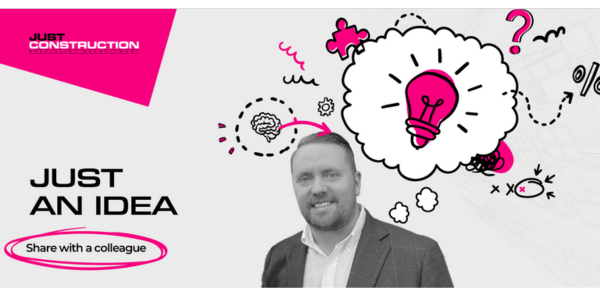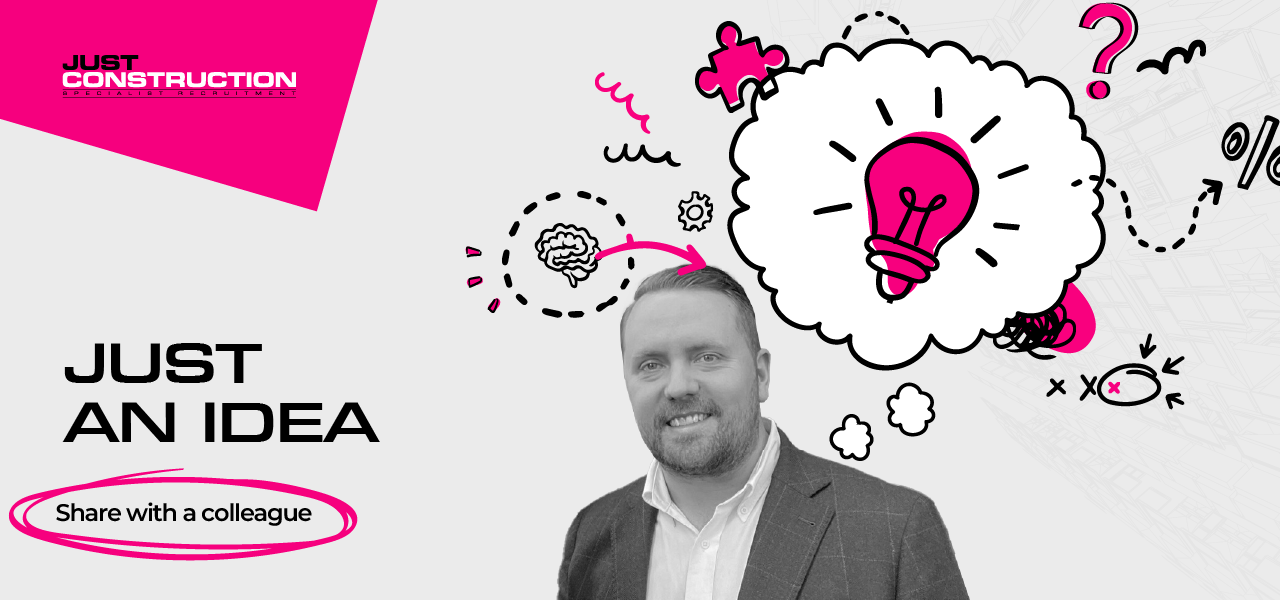How AI is Changing Construction Jobs
How AI is Changing Construction Jobs
The construction industry is evolving fast, and AI is leading the charge. From optimizing workflows to improving job site safety, Artificial Intelligence is becoming an essential part of the way construction projects are planned and executed.
For professionals in the industry, this means more than just new technology, it means new job opportunities and new skills in demand. Contrary to belief, AI is not replacing workers but enhancing efficiency, reducing costly errors, and helping companies overcome labor shortages.
So what does this shift mean for hiring? What jobs will be in demand, and what skills should construction professionals focus on? Let’s take a closer look.
How AI is Reshaping Hiring in Construction
Hiring in construction has always been a mix of experience, skills, and workforce availability, but AI is making the process more strategic and data-driven. Companies are using predictive analytics, automation, and AI-driven project management tools to make smarter hiring decisions and optimize team performance.
According to CMiC, AI is already integrated into key areas of construction, including:
- Project Planning & Scheduling – AI algorithms can analyze schedules, labor availability, and risk factors to improve efficiency.
- Autonomous Machinery & Robotics – AI-powered machines are assisting with repetitive tasks such as excavation, material transport, and bricklaying.
- Drones & Real-Time Site Monitoring – AI-driven drones are improving site surveying, safety monitoring, and project tracking with high-precision aerial imaging.
AI is not about replacing people—it is making jobs easier, safer, and more efficient. It allows teams to work smarter, reducing errors, increasing productivity, and keeping projects on track.
How AI is Helping with the Construction Labor Shortage
The U.S. construction industry is facing a major labor shortage, with 439,000 additional workers needed by end of 2025 just to meet current demand, according to Construct Executive.
AI is stepping in to help fill a gap by:
- Boosting productivity – AI-powered tools help companies do more with fewer workers, increasing overall output.
- Automating repetitive tasks – Robotics and automation are taking over labor-intensive work, freeing skilled professionals for higher-value roles.
- Improving safety & risk management – AI-driven monitoring systems detect job site hazards in real-time, reducing injuries and costly delays.
Rather than taking jobs away, AI is shifting the focus to specialized roles that require a combination of construction expertise and technical skills.
AI-Powered Jobs in Construction – What’s in Demand?
As AI becomes more common in construction, some job roles are evolving while new ones emerge. These positions require a blend of traditional construction knowledge and AI-related expertise.
1. AI and Robotics Operators
What They Do:
Operate and maintain autonomous construction equipment, such as robotic arms and AI-powered vehicles.
Key Skills:
- Understanding of robotics and automation
- Ability to troubleshoot AI-powered equipment
- Knowledge of construction site operations
2. Construction Data Analysts
What They Do: Analyze AI-generated project data to improve scheduling, cost estimation, and resource allocation.
Key Skills:
- Proficiency in data analytics & predictive modeling
- Experience with construction management software
- Strong problem-solving abilities
3. Drone & Aerial Imaging Specialists
What They Do: Use AI-enhanced drones for site inspections, mapping, and real-time project tracking.
Key Skills:
- Drone operation certification
- Familiarity with AI-powered imaging software
- Ability to interpret aerial survey data
4. AI Integration Specialists
What They Do: Help construction firms implement AI technology into their workflows to increase efficiency and reduce costs.
Key Skills:
- Knowledge of AI applications in construction
- Experience with cloud-based automation platforms
- Ability to train construction teams on AI tools
5. AI-Powered Safety Officers
What They Do: Use AI-driven safety monitoring systems to reduce accidents and improve compliance.
Key Skills:
- Experience with AI-driven risk assessment tools
- Knowledge of OSHA & construction safety regulations
- Strong analytical skills to interpret AI-generated safety reports
According to the Construction Job Board, demand for AI-driven roles in construction is increasing by 10% annually—meaning professionals who develop AI-related skills will be in high demand.
Building the Right Skills for an AI-Driven Construction Industry
To stay competitive in an AI-powered industry, upskilling is essential. Some of the most important skills construction professionals should focus on include:
- AI Literacy & Digital Tools – Familiarity with automation, predictive modeling, and smart construction software.
- Data Analysis & Interpretation – The ability to use AI-driven insights to improve project planning and execution.
- Technical Certifications – Training in AI-powered construction tools, robotics, and drone operations.
As AI becomes more embedded in construction, the workforce needs to evolve. Those who develop technical skills alongside their industry expertise will have a strong advantage in the job market.
AI in Construction Hiring: What’s Next?
The integration of AI into construction is not a passing trend, it is shaping the future of hiring, efficiency, and job opportunities. While AI is automating some traditional tasks, it is creating demand for specialized skills that will drive the industry forward.
For construction companies, success is no longer just about adopting AI, it is about hiring and developing a workforce that knows how to use it effectively to improve efficiencies across the business.
To stay ahead of the curve, explore insights from CMiC and Construction Job Board.
READ MORE ARTICLES

QUICK LINKS
JOBS
Head Office:
2nd Floor, Sun Alliance House, 29 London Road, Bromley,
Kent BR1 1DG








